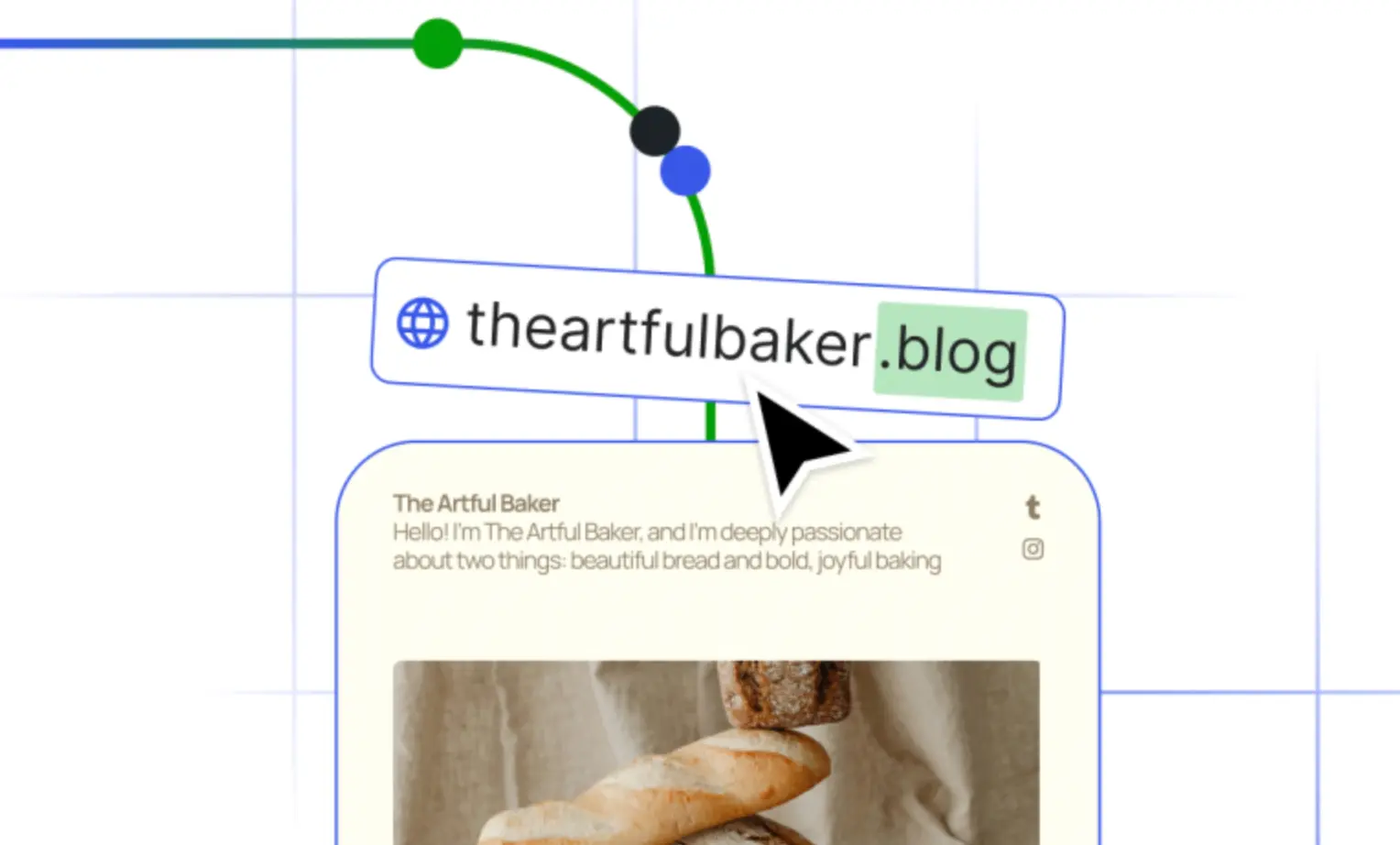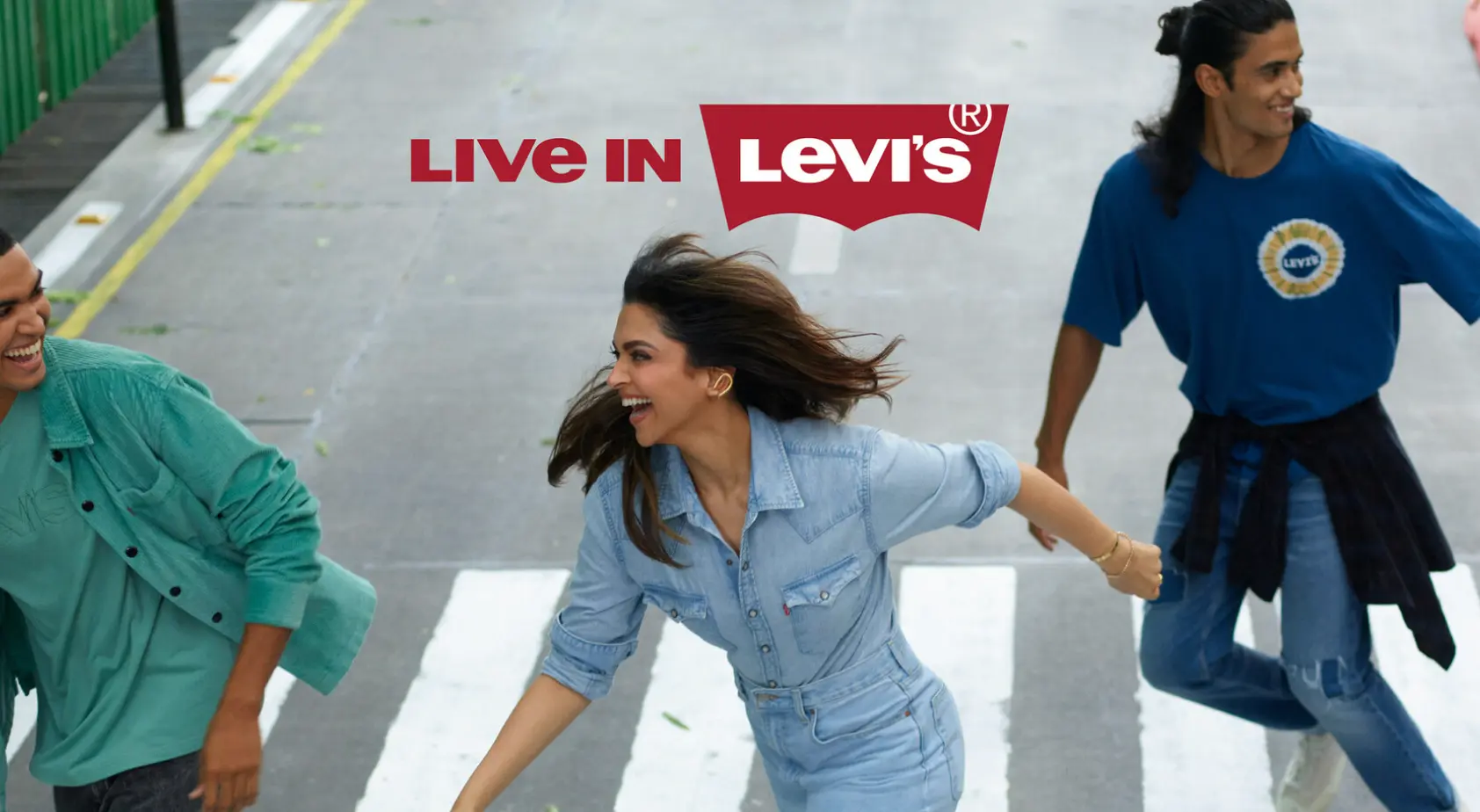How Diesel Marketing Rebranded and Became an Iconic Fashion Statement
Updated on
Published on
This breakdown is shaped by the brand positioning and growth systems we build at Brand Vision, and it’s designed to help founders and marketers turn Diesel’s branding and comeback playbook into decisions you can apply inside your own brand in 2026, from creative direction to channel choices and consistency.
Diesel, the legendary Italian denim company, has made a remarkable comeback in the fickle world of fashion, where fads come and go and businesses rise and fall. Once regarded as the epitome of cool in the early 2000s, Diesel's popularity waned as high-rise denim and minimalistic designs gained prominence. However, the brand has defied the odds and reclaimed its fashion industry dominance. This article examines the main contributors, such as its marketing strategies, that contributed to Diesel's resurgence, tracing its remarkable journey back to prominence.
This breakdown is shaped by the brand positioning and growth systems we build at Brand Vision, and it’s designed to help founders and marketers turn Diesel’s branding and comeback playbook into decisions you can apply inside your own brand in 2026, from creative direction to channel choices and consistency.

Chapter 1: A Brief History of Diesel
Before diving into Diesel's resurgence, it's essential to understand the brand's origins and its initial rise to fame.
1.1 The Birth of Diesel
The Italian designer Renzo Rosso established Diesel in 1978. Diesel's distinctive approach to denim set the company apart from the start. The fashion industry took notice of the brand's raw denim, grunge-inspired accoutrements, and provocative marketing campaigns.
1.2 The Heyday of Diesel
As the '90s unfolded, Diesel's prominence skyrocketed. It became a symbol of rebellious youth, defining the grunge era. Diesel appealed to a generation of fashion-forward individuals seeking a brand that fused European chic and American cool with its distinctive distressed denim and rebellious character.

1.3 Challenging Times in the 2000s
Nonetheless, as the decade of the 2000s progressed, Diesel encountered increasing competition from new high-street brands such as G-Star and Abercrombie & Fitch. The brand's signature flamboyant designs and logo-laden garments have lost ground to more subtle, trend-driven fashion styles. Diesel was not immune to altering tides; in 2022, its US branch filed for bankruptcy.
Chapter 2: Glenn Martens Takes the Helm
In 2020, the appointment of Belgian designer Glenn Martens as the brand's creative director marked a turning point in Diesel's history. Martens brought new vitality and a fresh perspective to the table.
2.1 Glenn Martens: A Visionary Designer
Martens' creative prowess was already well-known in the fashion industry, having worked for Jean Paul Gaultier and as the creative director of high-end athleisure brand Y/Project. His deconstructed denim garments and exposed garments frequently defied conventional fashion standards.
2.2 Martens' Sustainable Approach
Sustainability was one of Martens' principal initiatives at Diesel. He incorporated eco-friendly practices, recycled materials, and non-toxic substances into the brand's designs. Diesel's commitment to sustainability resonated with a younger demographic that is increasingly eco-conscious.

Chapter 3: Diesel's Resurgence Unfolds
With Glenn Martens at the helm, Diesel began its journey to resurgence, making significant strides in various aspects of the brand.
3.1 New Collections: Mixing Fabrics and Designs
Martens' collections for Diesel marked a shift away from the brand's well-known denim designs. Instead, he explored various styles and materials, creating a blend of different fabrics and designs. These collections offered a fresh and distinctive perspective on fashion, appealing to both longtime Diesel fans and those new to the brand.

3.2 Circular Fashion Initiatives
Diesel has introduced several circularity programs, including a program where you can trade in your old jeans and a resale business called Diesel Second Hand, which is currently available in certain cities. The goal of these efforts was to make Diesel products last longer, which is in line with the brand's commitment to sustainability.
3.3 Diesel Library: A Genderless Core Collection
One of the most impressive projects was the Diesel Library, which featured durable denim essentials that were designed to be gender-neutral. The collection was designed with a focus on responsible manufacturing methods. It included fabrics made from organic and recycled fibres, as well as finishing treatments that helped reduce water and chemical usage.
Chapter 4: TikTok and Celebrity Endorsements
The resurgence of Diesel didn't go unnoticed on social media platforms, particularly TikTok, where fashion enthusiasts, critics, and influencers celebrated the brand.
4.1 TikTok's Role in Diesel's Comeback
Many fashion commentators on TikTok have been showering Diesel with praise for their transformation, going as far as declaring it the "hottest brand of 2022." The platform played a big role in Diesel's comeback, as content creators on the platform enthusiastically talked about the brand's revival.
4.2 Celebrity Endorsements
Diesel's popularity soared even higher when famous celebrities such as Dua Lipa, Rihanna, Julia Fox, and Megan Thee Stallion were seen rocking the brand. These endorsements strengthened Diesel's reputation as a powerhouse in the fashion industry.

Chapter 5: The Milan Fashion Show
The Milan fashion show in February marked a defining moment in Diesel's journey, showcasing its bold new direction.
5.1 A Revival from the '90s Success
They said the fashion show brought back Diesel's success from the '90s. The models confidently walked among the big inflatable Diesel figures, showcasing creative designs and versatile denim pieces that really caught the audience's eye.
5.2 The 1DR Handbag
The Diesel 1DR handbag, which has the eye-catching D logo, has become a popular accessory among fans of the grunge aesthetic from the 2000s. Celebrities such as Megan Thee Stallion and Normani helped make the brand even more popular.

Chapter 6: The Future of Diesel
Diesel's resurgence is not merely a flash in the pan; it signals a potential renaissance for other fallen fashion labels and offers insights into upcoming trends.
6.1 Sustaining the Momentum
Diesel is dedicated to sustainability as it continues to grow and gain momentum. Diesel is committed to adopting greener practices, which is why a large part of their denim collection is made using sustainable processes.
6.2 Diversification
Diesel is expanding its range of products to include different categories such as accessories, footwear, pet accessories, and even sex toys. Diesel's ability to adapt to changing consumer preferences is reflected in this diversification.
6.3 A Cultural Exploration
Diesel is also putting its resources into exploring different cultures, particularly in Tokyo, where there is a vibrant mix of cultures. Diesel recently opened a temporary store in Ginza, which is known as Tokyo's high-end shopping area. The store is featuring Diesel Studio, an interactive project that celebrates the diverse culture of the city.
6.4 Brand Relevance and Longevity
The fact that Diesel is making a comeback highlights how crucial it is for a brand to stay relevant and endure over time. In the fashion industry, achieving success goes beyond just making money and generating profits. It's equally important to stay culturally relevant.
The fact that Diesel has made a successful comeback shows just how strong and flexible the brand is. Under the leadership of Glenn Martens, Diesel managed to combine sustainability and style, attracting the interest of a younger audience through social media and making a strong statement at its Milan fashion show. As Diesel keeps growing and changing, it becomes a source of inspiration for other fashion brands that want to make a comeback. It's a reminder that in the fashion industry, anything can happen—even a return to the spotlight after being out of it for a while.

What Business Owners Can Learn From Diesel’s Branding Comeback
Diesel’s branding reset is a reminder that relevance is engineered, not wished for. The clearest pattern is focus: a sharper point of view, a consistent creative world, and a set of repeatable signals that audiences can recognise quickly, whether they see the brand on TikTok, in a product drop, or at a runway moment. In 2026, that kind of cohesion is what turns attention into preference, especially when trends move fast and consumers have endless alternatives.
If you want to apply the Diesel branding approach to your own business, start by pressure testing your fundamentals. Clarify what you want to be known for, then build a visual and verbal system that makes that story obvious in every touchpoint. Tighten your brand strategy so your offers, creative, and channels all reinforce the same idea, then support it with conversion-ready experiences across your website and content. If you need to formalise the work, a branding agency can translate positioning into a real system, from brand strategy to visual identity, and a modern web design agency can make sure the story actually lands when people click through.
Practical ways to borrow the playbook in 2026
- Write one clear positioning sentence, then make it visible across your homepage, product pages, and social content.
- Audit your creative consistency: colour, typography, photography style, tone of voice, and recurring motifs should feel like one world.
- Choose one or two channels where your audience already pays attention, then commit to repeatable content formats before expanding.
- If performance is the bottleneck, run a marketing consultation to identify where interest drops off, then align content, UX, and conversion paths around one priority.
- Pair brand clarity with compounding visibility through an SEO agency so your story shows up when people search, not just when you post.



webp.webp)
webp.webp)




